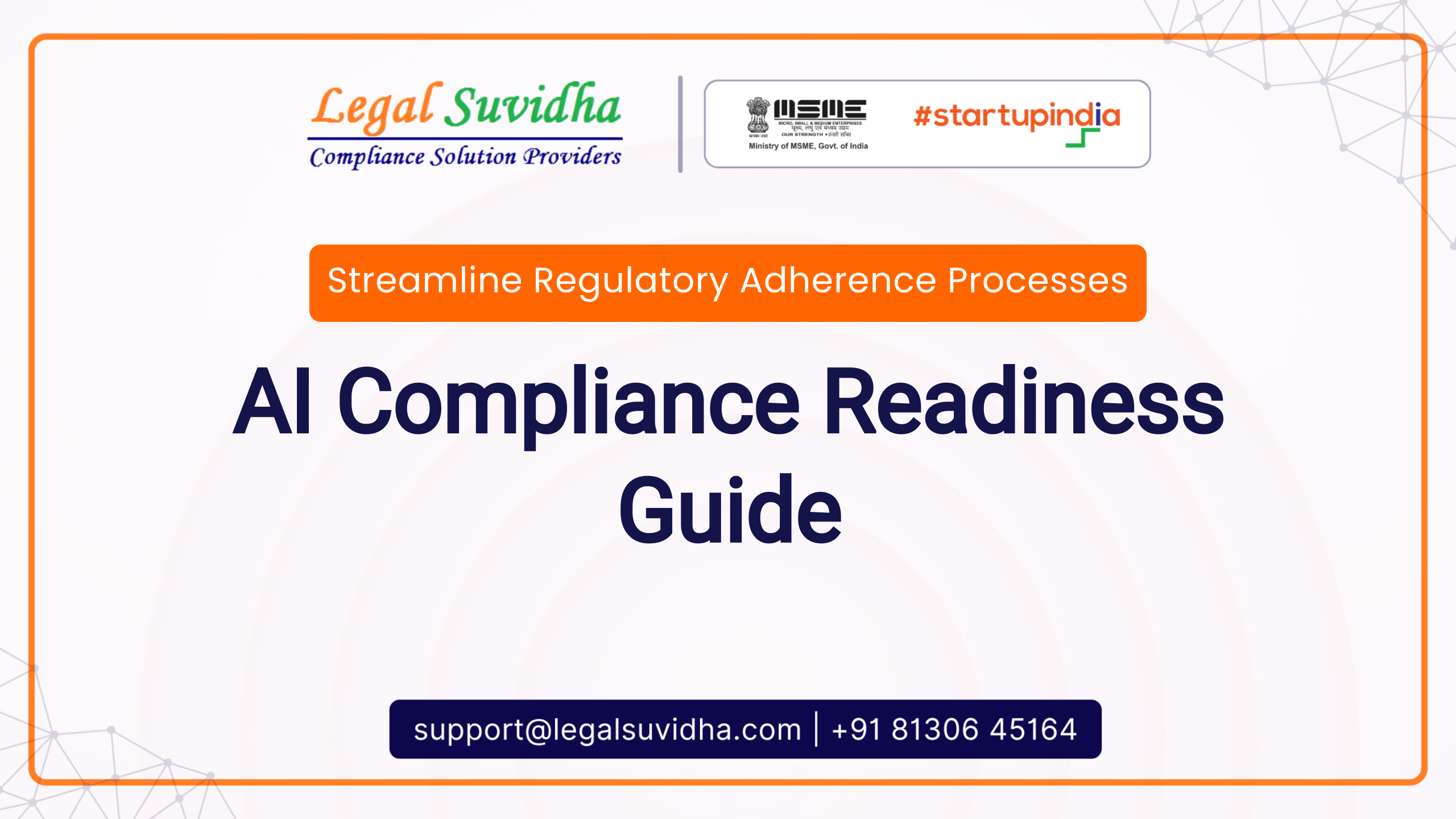Common Pitfalls in Shareholder Agreements That Delay Funding
It All Looked Perfect — Until It Didn’t
Aarav and Megha, co-founders of a fast-growing SaaS startup, had just received a soft commitment of ₹1.5 crore from a reputed angel investor. Champagne was about to pop when the investor’s legal team requested the shareholder agreement for due diligence. What followed wasn’t celebration—it was silence.
Weeks passed. The deal fell apart. Why?
Because the investor flagged two ambiguous clauses, one missing drag-along clause, and an unclear exit rights provision. The red flags weren’t just legal hiccups. They were deal-breakers.
The Hidden Flaws That Lurk in Startup Documents
This isn’t just Aarav and Megha’s story. This is the story of hundreds of Indian startups rushing into funding rounds without fully understanding what they’ve drafted—or worse, downloaded from random templates online.
Most founders assume that if their startup is great, the funding will come. But investors don’t just invest in your vision; they invest in legally investable businesses.
And the shareholder agreement? It’s the one document that can either close a round or kill it.
The Real Reason Funds Stay Locked
Let’s break it down:
Missing Exit Clauses: Without clear terms on how investors can exit, they hesitate to enter.
Improper Vesting Schedules: Investors fear co-founders walking away with unearned equity.
No Anti-Dilution Rights: Seasoned investors won’t touch a deal that doesn’t protect their equity.
Ambiguous Roles & Responsibilities: Internal conflict risk = investor no-go.
Unenforceable Clauses: Vague legalese or borrowed terms that won’t stand in court.
Each of these pitfalls in your shareholder agreement signals one thing to a VC or angel: This startup isn’t ready.
The Solution That Feels Like Magic
Now here’s the kicker—fixing these issues doesn’t need a ₹1 lakh retainer or months of legal back-and-forth. You just need a properly structured, investor-friendly shareholder agreement that speaks the language of compliance and trust.
Imagine this: You send the agreement. The investor’s legal team reviews it in one go. No redlines. No delays. Just a nod of approval.
That’s the power of a clean, due-diligence-ready shareholder agreement.
Be Due Diligence Ready from Day 1
Investor-ready doesn’t just mean pitch decks and glowing traction metrics. It means your legal and financial backend is tight—especially your shareholder agreement.
And this isn’t just about passing scrutiny. It’s about building trust.
A well-drafted shareholder agreement includes:
Defined founder roles and vesting
Clear anti-dilution protections
Exit, ROFR, and tag-along/drag-along clauses
Dispute resolution mechanisms
Capital raise protocol clarity
This isn’t about legal formality—this is funding hygiene.
You have two options now
So, what will you do next?
Option 1: Do nothing
Ignore the risks. Wait until the investor walks away—or worse, asks for a complete rewrite mid-round, wasting weeks or months.
Option 2: contact now legal Suvidha
Get your Shareholder Agreement reviewed & investor ready.
At Legal Suvidha, we’ve helped hundreds of Indian startups plug the exact pitfalls that lead to funding delays. Our team of startup legal experts will help you draft or review your shareholder agreement to ensure it’s not just compliant—but compelling to investors.
Act now—funding rounds wait for no one. Book a call today and get your agreement in shape before your investor meeting.
Connect with our Domain Expert or reach out via WhatsApp for instant help.
Phone: 8130645164
Email: [email protected]
Website: www.legalsuvidha.com
Final Thoughts
A single clause in your shareholder agreement can make or break your funding deal. Don’t wait for due diligence to uncover red flags—fix them before they cost you. Get your basics right, align with your co-founders, and review your terms now.
-
Co-Founder Agreement Essentials: Must-Have Clauses & Templates
-
Preparing for Seed to Series A: Legal & Compliance Readiness Guide
-
20 Legal Mistakes Most Indian Startups Make (and How to Avoid Them)









